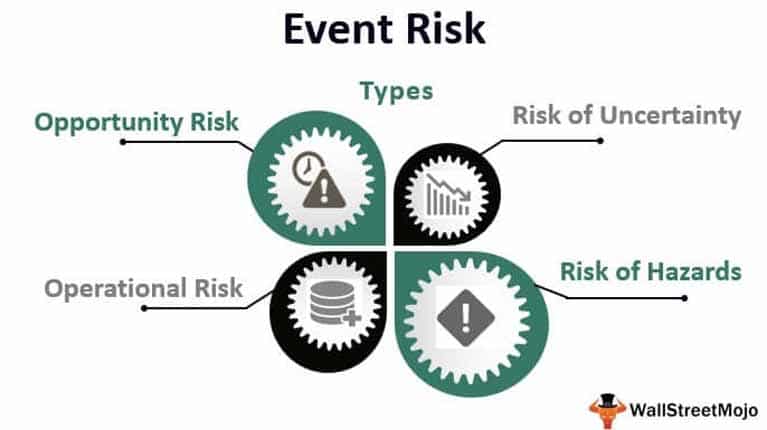Risk management may be a crucial part of planning and preparing for an occasion. The life cycle of every event revolves around multiple uncertain risks. From assessing different safety questions to preventing gastrointestinal disorders, risk management defines our daily activities as planners.
What is Risk Management?
Have you decided to host an event? Altogether likelihood, the straightforward act of designing an occasion has opened you up to potential risks. Risk management is a crucial topic in event planning because failing to acknowledge potential problems can significantly impact many areas of your business, including your reputation and financial stability. In addition, it can compromise your brand because lawsuits jeopardize the security of your employees and attendees and do inestimable damage.

The major challenge with planning an occasion and anticipating problems is the “What if?” approach an occasion planner must take. For example, imagine you’ve designed a star cook-off to profit from charity, and therefore the day of the event, several of your celebrities cancel. Now what? Nobody knows when, where, or how a drug might occur, so identifying possibilities and solutions becomes a critical part of the design stages of your event.
This lesson will examine risk management in event planning and steps that planners can fancy to mitigate risks. Yet, the need for foresight can cost you the knowledge that you can provide a completely safe space for your attendees. Considering this, we put together an inventory of not-so-obvious risk management concepts which will assist you in avoiding crisis moments during the event.
Various Risk Categories
There are different types of risks when planning an occasion. However, safety risks revolve around concepts like physical harm, health and sanitation issues, and violence.
Security risks include property theft, damage, and fire. However, capability risks highlight our weakness in predicting a lack of resources or time to accomplish event-related tasks. Internal risks include any unexpected changes within the event’s design (a new target group, different goals). Finally, the external risks ask regulatory weather, competition, issues, and other subjects planners cannot control directly. By classifying the risks into several categories, you will be conscious of the vast complexity risk management involves while at an equivalent level prepared in the face of uncertainty.
Risk Analysis
However, authors Anton Shone and Bryn Parry offer an efficient framework to gauge the event risks. As the means, “You will find it tons easier if you employ a scale, very similar to the Richter scale for earthquakes, during which each integer on the size represents a tenfold increase within the earthquake’s severity.”
Therefore, the authors use a scale from 0 to 10 to spot the severity and, thus, probably a risk. By trying to position these risks, you’ll gain a far better understanding of the danger probability. Subsequently, you will be ready to decide, before the design of an event, whether or not to outsource the effort, time, and event cost to diminish the harshness and likelihood of specific risks.
Location and Program Overview
When completing a risk assessment form, it is vital to consider all the risks related to the situation itself. Therefore the event program. Review the schedule and determine all the potential risks. It may offer you a structure and assist you in avoiding missing out on some important details about potential risks.

Degrees of an Event Risk
Several types of risks are there, like low-, medium-, and high-risk events. The indoor events are the low-risk ones. Because the authors note, “The people involved (both organizers and participants or attendees) are well within their range of experience, and there’s already considerable expertise and knowledge amongst management and staff.”
Medium-risk events ask for indoor events. However, in this case, the risks come from the logistic complexities. Finally, high-risk events ask for big gatherings of individuals in unfamiliar or outdoor spaces.
Permits, Licenses, and Insurance
Note that you always want to confirm to possess all paperwork up so far due to the risks involved when planning an event. Whether it’s about drone photo shooting or fireworks, you ought to consider all the permits you would like. You’ll also want to ensure the event just in case either party decides to cancel the contract for any reason. It may assist you in diminishing the severity of some risks and having more control over the event itself.
Final Words
The uncertain nature of events requires an in-depth risk assessment and strong management. Both experienced, and beginner event professionals must consider the categories of event risks and each risk’s severity and probability. Furthermore, when executing the event assessment, it’s crucial to specialize in the risks involved in the event location itself and, therefore, the concepts derived from the event program. Finally, it’s compulsory to possess all the permits and licenses up so far and consider getting insurance for your event.
